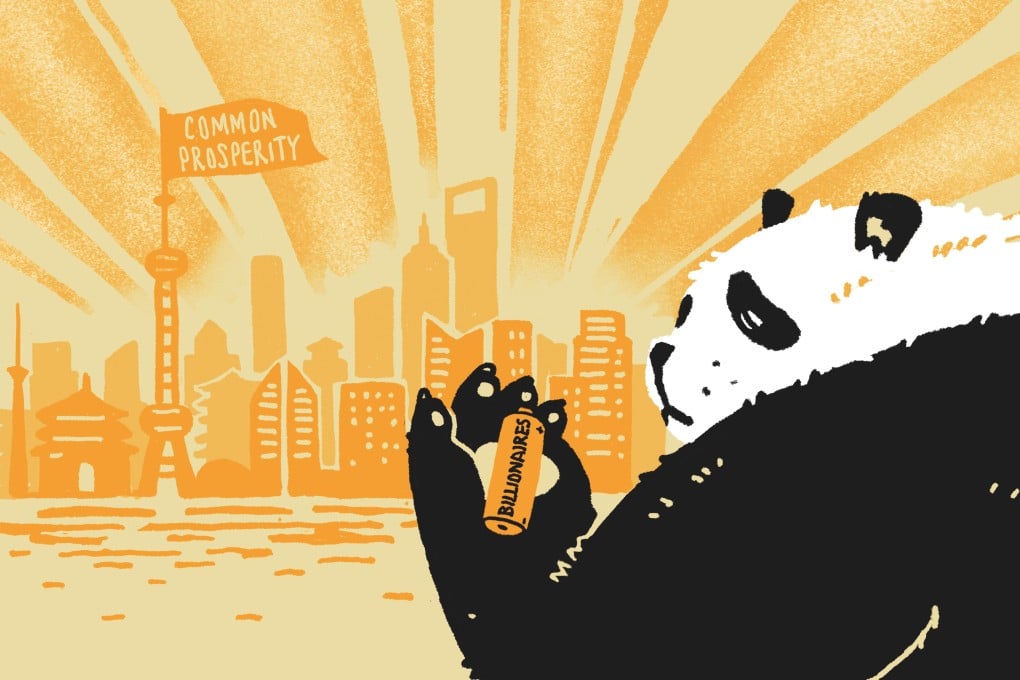Does China’s goal of common prosperity leave room for the super-rich?
- The country has more ultra-wealthy people than any other nation, and despite its Marxist principles has a wealth gap almost as wide as the US’
- Amid drive to curb ‘disorderly expansion of capital’, tycoons await signs that they still have a role to play, even if talk of crackdowns is being softened

Jacky Wang is an entrepreneur in China, but like many of his peers he is trying to recalibrate what that should involve.
This year, he has bought two Mercedes-Benz cars and given 3 million yuan (US$470,000) to a social cause, after being urged to donate by his local government in the eastern province of Jiangsu. His cement company has been performing averagely, but he has spent money rather than plough his funds into business growth.
“I know business prospects may turn good this year, because China wants to bolster the economy by investing in infrastructure,” said Wang, 47. “I should increase investment in my plants and work hard, but I just want to ‘lie flat’.
“If it wasn’t for the hundreds of workers depending on a job to feed their family, I would simply shut down the factories and live my life.”
“I understand that the policies mean well, and I completely support them,” he said. “I just feel distracted, discouraged and at times frightened – it’s hard to concentrate on my own business. I have found the business environment harsher, and can’t help wondering whether China still needs capitalists.”